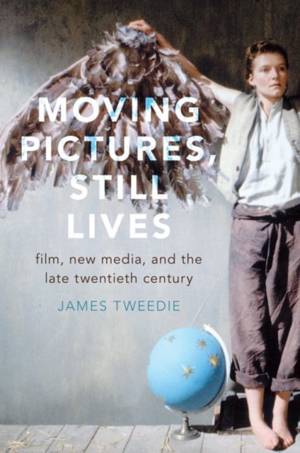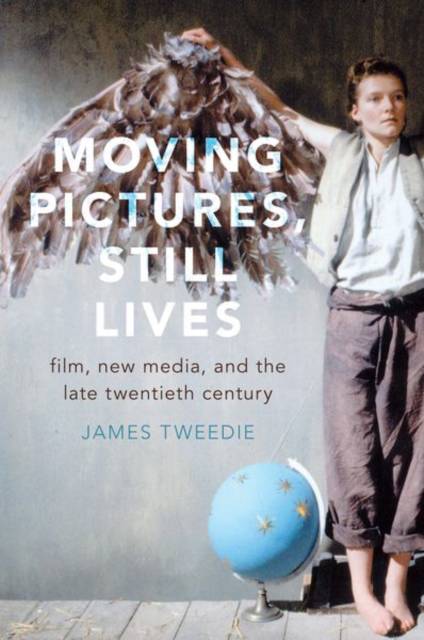
- Afhalen na 1 uur in een winkel met voorraad
- Gratis thuislevering in België vanaf € 30
- Ruim aanbod met 7 miljoen producten
- Afhalen na 1 uur in een winkel met voorraad
- Gratis thuislevering in België vanaf € 30
- Ruim aanbod met 7 miljoen producten
Zoeken
Moving Pictures, Still Lives
Film, New Media, and the Late Twentieth Century
James (Associate Professor of Comparative Literature, Associate
Hardcover
€ 167,45
+ 334 punten
Omschrijving
Moving Pictures, Still Lives reframes and rediscovers the virtues and limitations of movies created during the late twentieth century, between the fading modernity crystallized in cinema and the ascendant new digital media visible in the offing.
Specificaties
Betrokkenen
- Auteur(s):
- Uitgeverij:
Inhoud
- Aantal bladzijden:
- 304
Eigenschappen
- Productcode (EAN):
- 9780190873875
- Verschijningsdatum:
- 14/06/2018
- Uitvoering:
- Hardcover
- Afmetingen:
- 236 mm x 160 mm
- Gewicht:
- 669 g

Alleen bij Standaard Boekhandel
+ 334 punten op je klantenkaart van Standaard Boekhandel
Beoordelingen
We publiceren alleen reviews die voldoen aan de voorwaarden voor reviews. Bekijk onze voorwaarden voor reviews.








